U.S. Congress voices different views on Kosovo issue
A hearing on the situation in the Balkans held Tuesday in the U.S. Congress Committee on Foreign Affairs included different views on the Kosovo crisis.
Wednesday, 16.11.2011.
12:23

A hearing on the situation in the Balkans held Tuesday in the U.S. Congress Committee on Foreign Affairs included different views on the Kosovo crisis. The views ranged from the position that Serbia is the only one responsible for the latest developments to the idea that the division of Kosovo is the best possible and the only sustainable solution, but ended in a common stand that a dialogue is the only way towards the final solution. U.S. Congress voices different views on Kosovo issue The participants urged the U.S. State Department to support the probe into the human organ trafficking in Kosovo and launch a detailed investigation into the allegations presented in the report by Council of Europe Rapporteur Dick Marty. Subcommittee on Europe and Eurasia Chairman Dan Burton, who recently visited the Western Balkans, stated that peace and stability in the area could be established only by people living there, and that this would be impossible for anyone else. “The U.S. has decided to recognize Kosovo's unilateral declaration of independence even before it let Serbs and Albanians agree, and that only aggravated the problems,” Burton stressed. He noted that he was aware that the U.S. administration did not share his opinion, but added that he agreed with official Washington that the dialogue was the only way towards solution. The Indiana congressman underlined that the issue of Kosovo should be resolved as part of Serbia's EU integration process, rather than be set as a precondition for the accession talks. Burton and Texas representative in the Congress Ted Poe urged the U.S. administration to offer strong support to the investigation into the human organ trafficking in Kosovo, which was allegedly carried out by members of the Kosovo Liberation Army (KLA). Assistant State Secretary for European and Eurasian Affairs Philip Gordon said that the probe would be carried out for sure, and that the U.S. was serious about Marty's report. Speaking about the resolution of the Kosovo issue, California Representative in the Congress Dana Rohrabacher, who was once the most prominent supporter of Kosovo's independence, now proposed the partition of Kosovo. “We have recognized Kosovo's independence as people who live there did not want to live in Serbia any more, and now we have north Kosovo Serbs who obviously do not want to be part of Kosovo,” Rohrabacher noted. He said that northern Kosovo Serbs should become part of Serbia, while ethnic Albanians in the Pre[evo Valley, southern Serbia, should be part of Kosovo. The issue of borders was also raised by Poe, who said that the internal borders in former Yugoslavia were set by President Josip Broz Tito, and that it was strange that the U.S. had accepted that. He also posed a question what would happen if north Kosovo Serbs said that they did not want to live in Kosovo any more. “It is our stand that there should be no change in borderlines. Such thing could be also requested by Serbs in Bosnia-Herzegovina and Albanians in southern Serbia who want to join Kosovo and that would open a Pandora's box,” Gordon pointed out. Gordon added that it was difficult to imagine Serbia's EU accession before it resolved the issue of borders, and as long as it financed parallel institutions in Kosovo. The issue of barricades in north Kosovo sparked off a fierce debate, and the U.S. State Department official said that the barricades should be immediately removed and complete freedom of movement enabled. Gordon said that official Belgrade supported Serbs in northern Kosovo and barricades. He said that the U.S. strongly supported Serbia's EU pathway, but that Serbia should accept the reality of Kosovo's independence. “The future of Kosovo and Serbia are in the EU,” Gordon pointed out. Harsh criticism over Serbia's policy came from Ohio's' representative Jean Schmidt and New York Congressman Eliot Engel. They said that Serbia was responsible for the situation in north Kosovo and that the EU integration process should be stopped until this issue was resolved. One of the participants of the panel, Executive Director of the Balkan Trust for Democracy Ivan Vejvoda, said that Serbia had made much progress this year, highlighting the arrest of war crimes indictees and the beginning of the Belgrade-Pristina dialogue. He said that there was no ideal solution for Kosovo, adding that at the moment it was very important for Serbia to get the EU candidacy status on December 9. “On the other hand, no candidacy status will be an impetus for radical nationalists,” Vejvoda explained. Retired U.S. diplomat Gerard Gallucci stated that the NATO troops and EU police had been acting outside their UN peacekeeping mandate by trying to impose Kosovo customs in the north without any prior political agreement. The hearing on the Balkans by the Subcommittee on Europe and Eurasia, Committee on Foreign Affairs, U.S. House of Representatives, was also attended by Serbia's Ambassador in Washington Vladimir Petrovic. The U.S. Congress (Beta, file)
U.S. Congress voices different views on Kosovo issue
The participants urged the U.S. State Department to support the probe into the human organ trafficking in Kosovo and launch a detailed investigation into the allegations presented in the report by Council of Europe Rapporteur Dick Marty.Subcommittee on Europe and Eurasia Chairman Dan Burton, who recently visited the Western Balkans, stated that peace and stability in the area could be established only by people living there, and that this would be impossible for anyone else.
“The U.S. has decided to recognize Kosovo's unilateral declaration of independence even before it let Serbs and Albanians agree, and that only aggravated the problems,” Burton stressed.
He noted that he was aware that the U.S. administration did not share his opinion, but added that he agreed with official Washington that the dialogue was the only way towards solution.
The Indiana congressman underlined that the issue of Kosovo should be resolved as part of Serbia's EU integration process, rather than be set as a precondition for the accession talks.
Burton and Texas representative in the Congress Ted Poe urged the U.S. administration to offer strong support to the investigation into the human organ trafficking in Kosovo, which was allegedly carried out by members of the Kosovo Liberation Army (KLA).
Assistant State Secretary for European and Eurasian Affairs Philip Gordon said that the probe would be carried out for sure, and that the U.S. was serious about Marty's report.
Speaking about the resolution of the Kosovo issue, California Representative in the Congress Dana Rohrabacher, who was once the most prominent supporter of Kosovo's independence, now proposed the partition of Kosovo.
“We have recognized Kosovo's independence as people who live there did not want to live in Serbia any more, and now we have north Kosovo Serbs who obviously do not want to be part of Kosovo,” Rohrabacher noted.
He said that northern Kosovo Serbs should become part of Serbia, while ethnic Albanians in the Pre[evo Valley, southern Serbia, should be part of Kosovo.
The issue of borders was also raised by Poe, who said that the internal borders in former Yugoslavia were set by President Josip Broz Tito, and that it was strange that the U.S. had accepted that.
He also posed a question what would happen if north Kosovo Serbs said that they did not want to live in Kosovo any more.
“It is our stand that there should be no change in borderlines. Such thing could be also requested by Serbs in Bosnia-Herzegovina and Albanians in southern Serbia who want to join Kosovo and that would open a Pandora's box,” Gordon pointed out.
Gordon added that it was difficult to imagine Serbia's EU accession before it resolved the issue of borders, and as long as it financed parallel institutions in Kosovo.
The issue of barricades in north Kosovo sparked off a fierce debate, and the U.S. State Department official said that the barricades should be immediately removed and complete freedom of movement enabled.
Gordon said that official Belgrade supported Serbs in northern Kosovo and barricades.
He said that the U.S. strongly supported Serbia's EU pathway, but that Serbia should accept the reality of Kosovo's independence.
“The future of Kosovo and Serbia are in the EU,” Gordon pointed out.
Harsh criticism over Serbia's policy came from Ohio's' representative Jean Schmidt and New York Congressman Eliot Engel.
They said that Serbia was responsible for the situation in north Kosovo and that the EU integration process should be stopped until this issue was resolved.
One of the participants of the panel, Executive Director of the Balkan Trust for Democracy Ivan Vejvoda, said that Serbia had made much progress this year, highlighting the arrest of war crimes indictees and the beginning of the Belgrade-Priština dialogue.
He said that there was no ideal solution for Kosovo, adding that at the moment it was very important for Serbia to get the EU candidacy status on December 9.
“On the other hand, no candidacy status will be an impetus for radical nationalists,” Vejvoda explained.
Retired U.S. diplomat Gerard Gallucci stated that the NATO troops and EU police had been acting outside their UN peacekeeping mandate by trying to impose Kosovo customs in the north without any prior political agreement.
The hearing on the Balkans by the Subcommittee on Europe and Eurasia, Committee on Foreign Affairs, U.S. House of Representatives, was also attended by Serbia's Ambassador in Washington Vladimir Petrović.












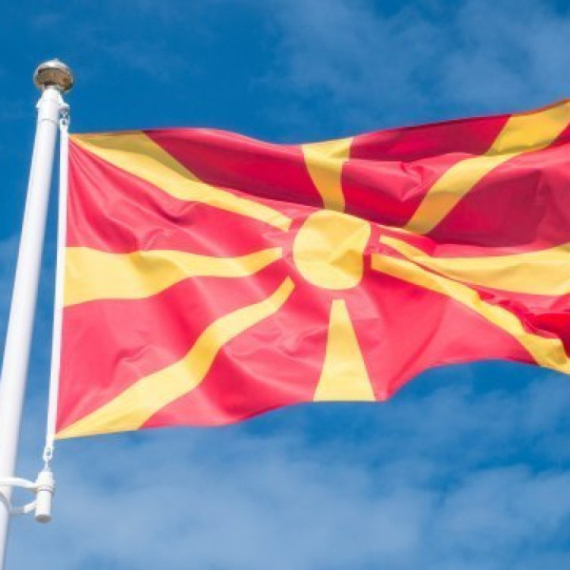
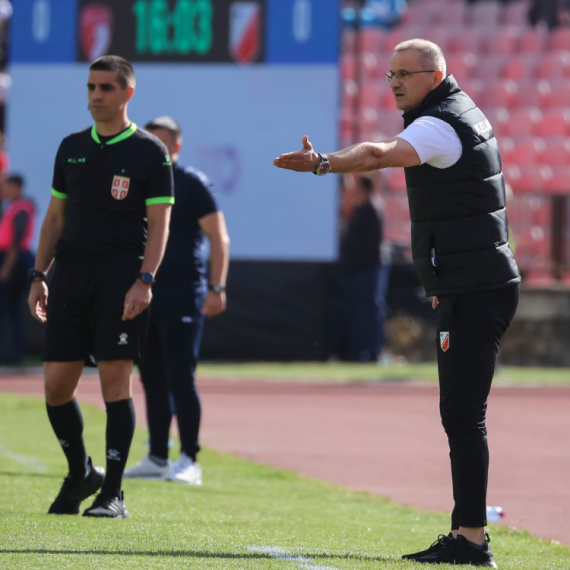

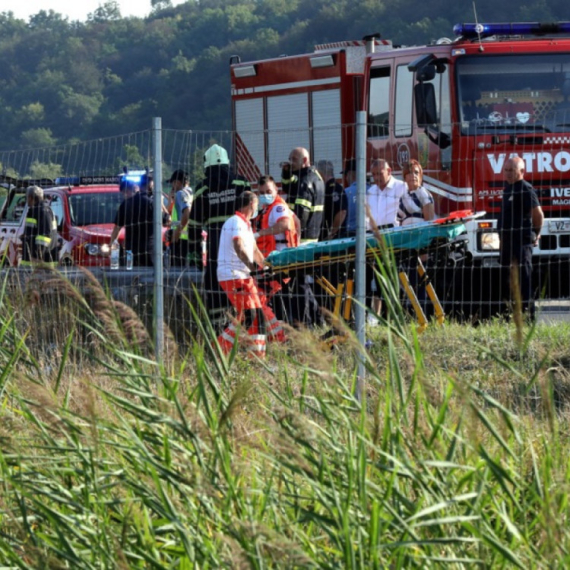
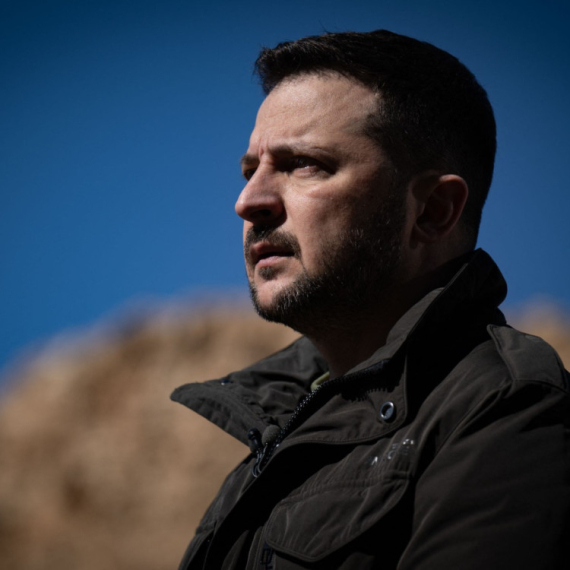


































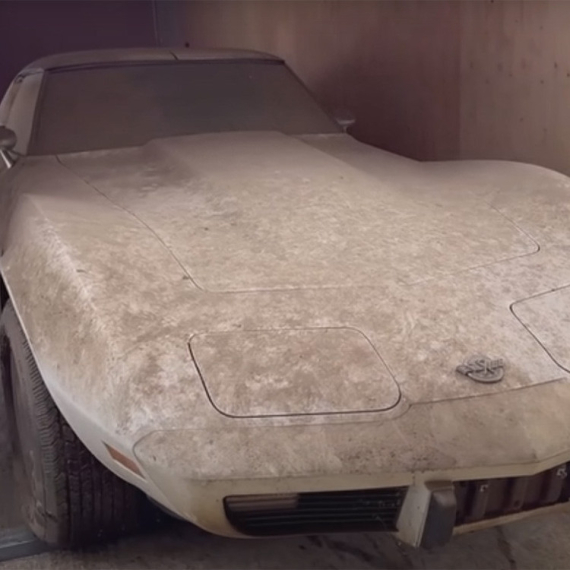



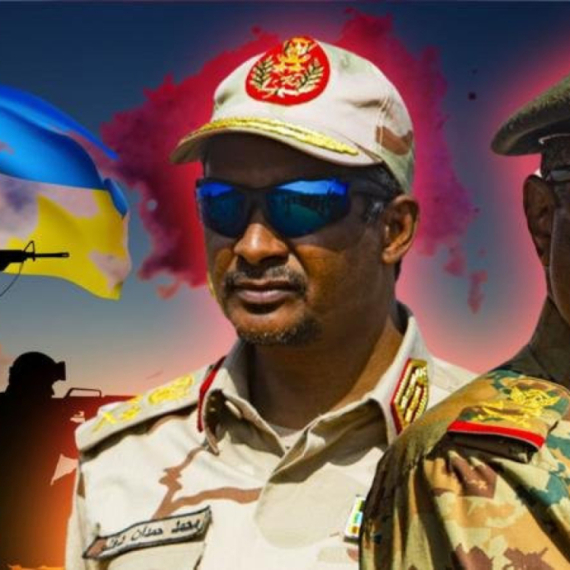


Komentari 28
Pogledaj komentare